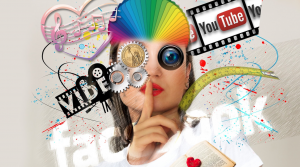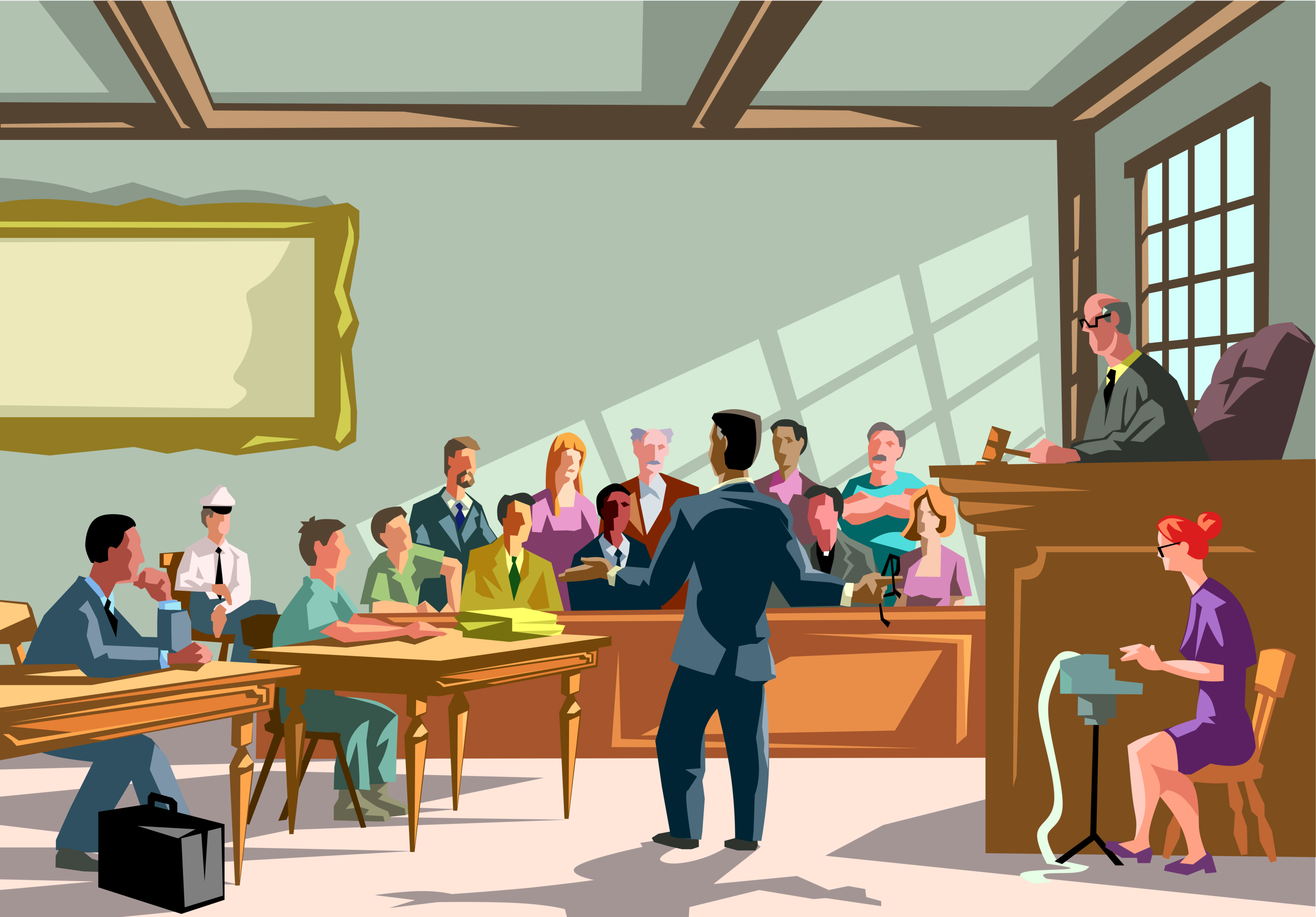This dynamic environment calls for a careful balancing act between leveraging technology for justice and safeguarding the fundamental principles of law and privacy.
In the digital age, social media has evolved from a fresh way of communicating to a crucial part of everyday life. Platforms like Facebook, Twitter, and Instagram, bustling with billions of active users, actively shape a digital realm rich in human interaction, opinions, and personal disclosures, often merging public and private realms.
Social media’s integration into daily life significantly impacts legal proceedings, particularly in criminal cases. According to criminal lawyers in Calgary, these platforms have become essential sources of evidence, influencing trial outcomes for everyone. The digital traces left by individuals on these platforms, from Facebook posts to Instagram stories, unveil extensive details about their actions, intentions, and relationships.
Social Media as Evidence
Using social media in criminal court cases as evidence significantly changes legal practices. Social media platforms like Facebook, Twitter, and Instagram offer posts, messages, images, and location data that reveal a lot about someone’s actions and where they’ve been. These digital signs can support or challenge what’s said in court, linking directly to someone’s activities, connections, and reasons.
For instance, in big cases, what suspects have posted on social media sometimes goes against their alibis, which has led to big discoveries in investigations. In other situations, online photos or videos have been key in showing a suspect’s role in a crime or proving they were at a certain place at a certain time.
Impact on Jury and Public Opinion
Social media profoundly impacts public opinion and jury perceptions in criminal cases, influencing how cases are perceived and understood. This influence extends beyond mere information sharing; it actively shapes narratives and potentially sways juror impartiality. Jurors, despite instructions to avoid outside information, might inadvertently encounter social media content related to the case, leading to preconceived notions and biases.
Moreover, the rapid dissemination of information through social media channels can lead to the formation of public opinion before the court has fully presented the evidence. This premature judgment by the public can indirectly pressure jurors, as they are part of the same community and susceptible to the same information streams.

The effect of social media on jury members is complex. On one hand, it represents a democratization of information, allowing for a broader discussion of legal matters. On the other hand, it risks the introduction of misinformation and partial truths, which can skew a juror’s perception of the case. This dual impact necessitates a careful examination of the role social media plays in the judicial process and its implications for ensuring fair and unbiased trials.
Understanding this dynamic is crucial for legal professionals who must navigate these challenges and for society as a whole, which relies on the integrity of the judicial system.
Implications for Defendants and Plaintiffs
Social media activity greatly affects both sides in criminal cases, influencing what people think and the final decision. For people accused of crimes, their online posts can help or hurt them. These posts might back up their innocence or go against what they say in court. The prosecution uses social media to find evidence or things that don’t match up in a person’s story.
This situation shows why it’s so important to be extra careful with social media during court cases. Lawyers need to understand how social media can be used in court and guide their clients on how their online posts and history might affect their case. Even normal posts can be seen in a way that’s bad for someone in court.
Legal and Ethical Considerations
Social media evidence, including posts, photos, and profiles, must meet criteria such as authenticity, relevance, and proper retrieval to be admissible. The process of retrieving this evidence involves ethical considerations, particularly around privacy and the means of obtaining the evidence. For example, while public information on social media is accessible, private data poses ethical dilemmas, especially if accessed under false pretenses.
The admissibility of social media evidence also varies across different states and courtrooms. Authenticating this evidence involves proving authorship or account ownership, which can be challenging due to issues like impersonation or the use of fake accounts. Professional social media investigators play a crucial role in this process, as they can provide detailed documentation and metadata, which is essential for establishing the authenticity and chain of custody of the evidence.
The ethical and legal landscape around social media in legal proceedings underscores the intricate balance between the pursuit of justice and respecting individual privacy rights. This complexity is reflected in the evolving case law and practices surrounding the use of social media as evidence in court.
Examples of Social Media’s Influence in Court
The influence of social media on criminal justice can be seen in several high-profile cases. For instance, in the case of Gabby Petito, a social media influencer who went missing, TikTok played a significant role. The platform was flooded with content about her case, leading to an influx of tips that helped police locate her body. However, the case also highlighted issues such as misinformation and challenges in protecting constitutional rights, as seen with the spread of theories like the “Zone of Death” related to Brian Laundrie, Petito’s fiancé.
Another example is State v. Dulos, where Fotis Dulos was charged in connection with the disappearance of his estranged wife, Jennifer Dulos. The case gained intense media attention, leading to misinformation and unauthorized information releases, which posed challenges to ensuring a fair trial. These cases demonstrate the growing impact of social media on criminal justice, raising concerns about the protection of constitutional rights and the need for the legal community to adapt to this influence.
Conclusion
As we’ve explored, social media’s role in the legal domain, particularly in criminal cases, is profound and multifaceted. Its ability to unearth critical evidence and shape public and juror opinions has redefined traditional legal practices. However, this comes with challenges, especially regarding authenticity, privacy, and the potential for misinformation.
Cases like Gabby Petito’s and State v. Dulos exemplify social media’s powerful influence and the complexities it introduces in ensuring fair trials and protecting constitutional rights. As social media continues to evolve, it is imperative for the legal community to adapt and for society to recognize the responsibility that comes with digital communication. This dynamic environment calls for a careful balancing act between leveraging technology for justice and safeguarding the fundamental principles of law and privacy.


Join the conversation!